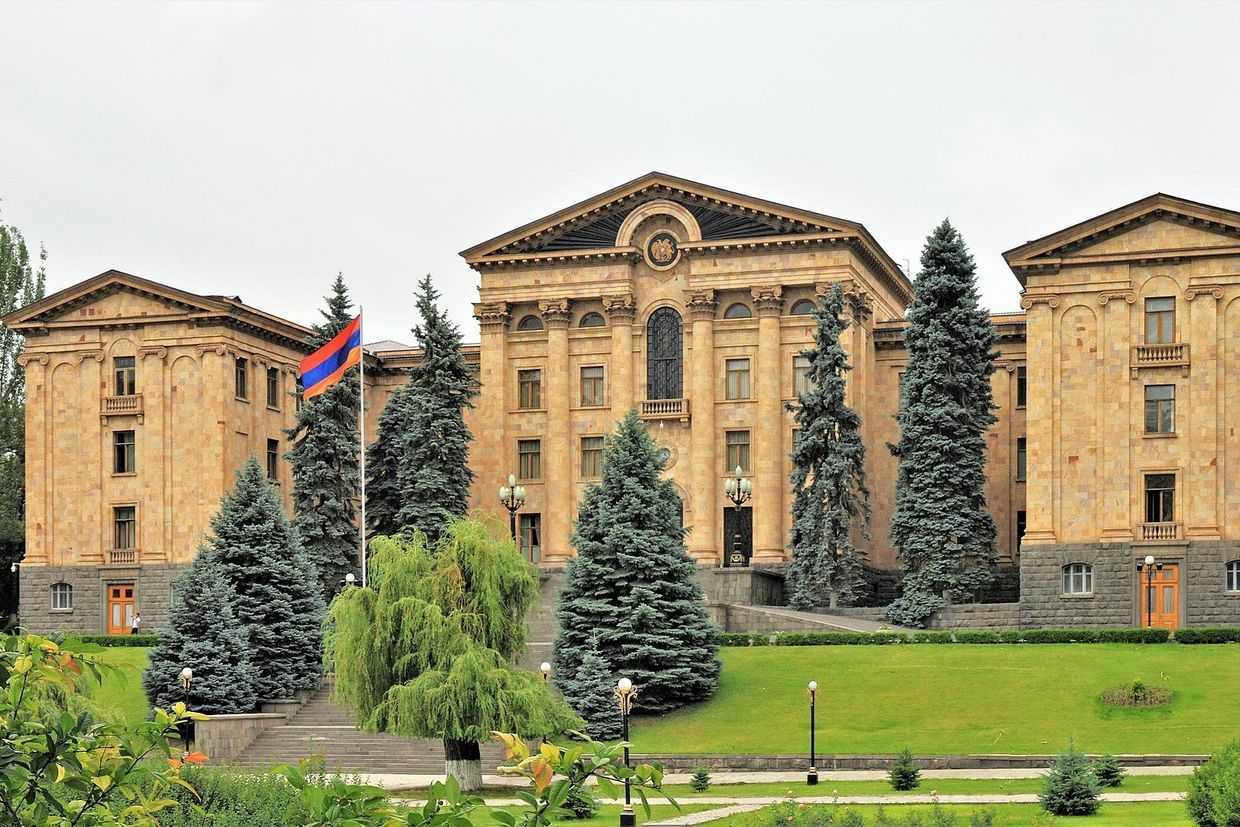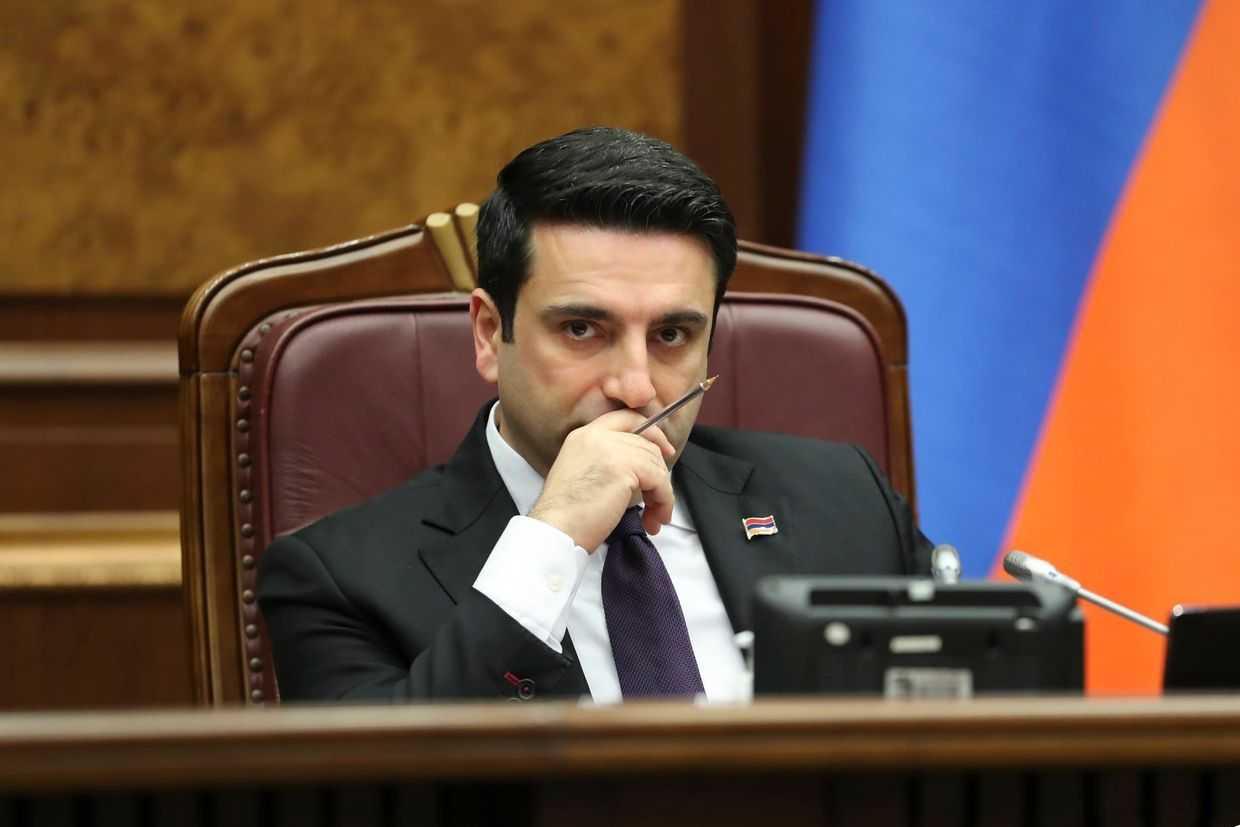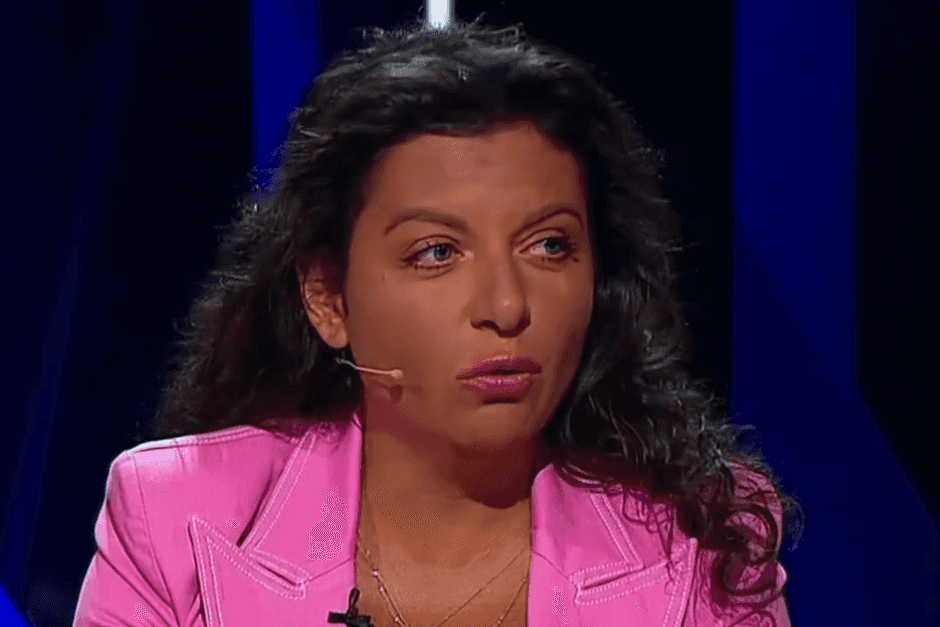
Already tense relations between Armenia and Russia have grown more heated in recent days, after Armenia sent its first delivery of humanitarian aid to Ukraine, withdrew its representative from the Collective Security Treaty Organisation (CSTO), and announced joint military exercises with the US.
On Tuesday, Armenian media reported that the country’s government had sent humanitarian aid to Ukraine for the first time since the beginning of Russia’s invasion of Ukraine in 2022. The delivery of aid was reportedly facilitated by Anna Hakobyan, the wife of Armenia’s Prime Minister Nikol Pashinyan, who attended a summit of First Ladies and Gentlemen in Kyiv organised by Ukraine’s First Lady on 6 September.
Armenia also withdrew their representative from the Russian-led CSTO on Tuesday, after increasingly frequently voicing criticism of the organisation regarding its perceived failure to intervene after Azerbaijan attacked Armenian territory in September 2022.
[Read more: Armenia slams Russia for ‘absolute indifference’]
A day later, on 6 September, Armenia’s Defence Ministry announced that a joint military training exercise with the US would take place from 11–20 September in Armenia to help train Armenian forces for peacekeeping missions.
Kremlin spokesperson Dmitry Peskov called the news ‘cause for concern’, particularly in ‘the current situation’.
‘Holding such exercises does not contribute to stabilising the situation’, he noted in a statement on Thursday, ‘or strengthening the atmosphere of mutual trust in the region’.
The exchange of critical statements between the two countries has increased significantly in recent weeks.
Shortly after Armenia’s Foreign Ministry condemned Russia’s ‘absolute indifference’ towards Azerbaijani attacks on Armenian territory, Prime Minister Pashinyan on 2 September stated that Russian peacekeepers had ‘failed to implement their mission’ in allowing the blockade of Nagorno-Karabakh, and that it was a ‘strategic mistake’ to depend on one partner.
Speaking to Italian newspaper La Repubblica, Pashinyan explained that Armenia’s security architecture had been ‘99.999% linked to Russia’, leaving the country with little military support or supply of ammunition following Russia’s full-scale invasion of Ukraine.
‘After tasting the bitter fruits of this error post-factum, we are [now] taking feeble attempts to diversify our security policy’, said Pashinyan.
Russia’s Foreign Ministry spokesperson, Maria Zakharova, on 5 September responded to Pashinyan’s comments, stating that it was important to take responsibility for one’s own actions, rather than attempting to shift the blame.
‘This is the difference between a politician and a statesman, and a person passing by who does not think about his country’s national interests’, said Zakharova.
Peskov added that while ‘new events’ had changed the situation in the region, this did not mean that Russia would ‘limit its activities in some way’.
‘Moreover, Russia continues to play the role of security guarantor’, said the Kremlin spokesperson.
Peskov also responded pointedly to Pashinyan’s comments suggesting that Russia might leave the region ‘by virtue of a number of steps it takes or fails to take’.
‘Russia is an inseparable part of that region, therefore it cannot leave anywhere. Russia cannot leave Armenia’, said Peskov. He added that Russia played a ‘consistent, very important role’ in stabilising the region and tackling conflict, and would continue to do so.
Ratifying the Rome statute
At the end of August, Russia’s Foreign Ministry stated that Armenia was to blame for the ongoing humanitarian crisis in Nagorno-Karabakh, considering it a consequence of Armenia’s recognition of Nagorno-Karabakh as part of the territory of Azerbaijan. The assertion prompted a scathing response from Armenia’s Foreign Ministry.
On 1 September, Armenia sent the Rome Statute of the International Criminal Court (ICC) to parliament for ratification.
If ratified by parliament, Armenia will officially join the ICC. Amongst other commitments, this would oblige the country to arrest Russia’s president Vladimir Putin if he were to enter Armenia, as the ICC issued an arrest warrant earlier this year for Putin and Russian Children’s Rights Commissioner Maria Lvova-Belova on charges of war crimes committed in Ukraine.
The Armenian government re-launched the process of ratifying the Rome Statute at the end of 2022.
Ratifying the statute would allow Armenia to apply to the ICC to make Azerbaijani war crimes the subject of international legal investigations; Armenia’s parliamentary speaker suggested on Wednesday that this was the country’s primary motivation in seeking its ratification.
Following Armenia’s Constitutional Court ruling earlier this year that the Rome Statute complied with the country’s constitution, Russia warned Armenia that Yerevan’s intent to ratify the Rome Statute could have ‘extremely negative consequences’.
[Read more: Russia ‘criticises’ Armenia’s International Criminal Court ratification]
Maria Zakharova commented on Tuesday that Russia had requested clarification from Armenia on the subject, and would decide their next steps based on the content of Yerevan’s answer.







